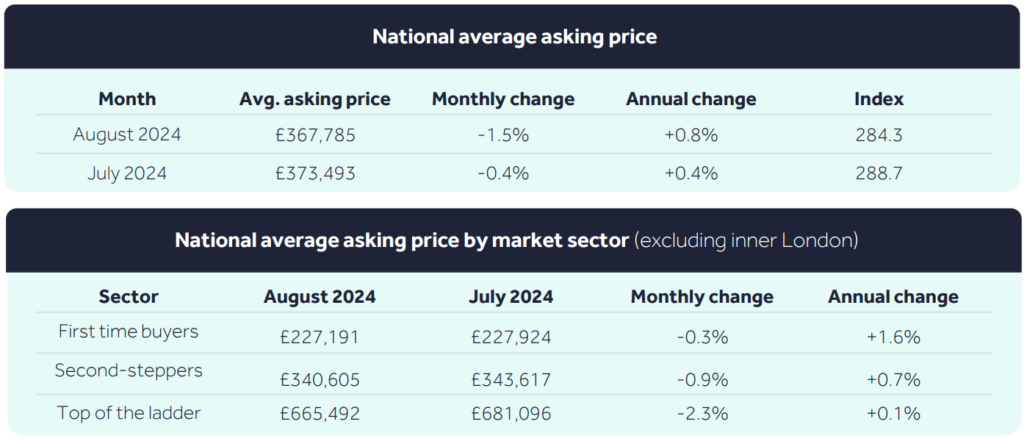Why is a property inventory essential?
Before the introduction of deposit protection laws in 2007, many landlords overlooked the importance of having a detailed property inventory. Those who did create one often produced a basic list of items included in the property, lacking in detail. However, in today’s rental market, having a comprehensive property inventory at the start and end of every tenancy is crucial. It serves as the only concrete evidence a landlord can use to prove that any damage to the property was caused by the tenant.
In the event of a deposit dispute, it’s important to understand that deposit scheme adjudicators operate on the principle that the deposit belongs to the tenant. Landlords can only make deductions if they meet the following criteria:
- The tenancy agreement contains the proper clauses
- They can show, on the ‘balance of probabilities’ that the tenant is liable, and
- The sum claimed is reasonable.
Without clear evidence showing the condition of the property at the start and end of the tenancy, your claim is unlikely to be upheld. Therefore, a detailed inventory protects you from bearing the full cost of repairs, while also ensuring that the tenant is not unfairly charged.
If you choose to let or fully manage your property through us, we’ll take care of the entire inventory process, so you won’t have to worry about arranging it yourself. If you’re not using our full management service, we can still conduct a thorough inventory for you.
What should a property inventory include?
A thorough check-in inventory should include the following:
- A detailed list of every room and area in the property, including all fittings and contents.
- A description of the condition of each item, from ceilings and carpets to light switches and bathroom fixtures, with a rating system. This could range from ‘brand new’ to ‘poor’ or use a ‘traffic light’ system (green/amber/red).
- An assessment of the property’s overall cleanliness.
- The condition of outdoor spaces like the garden, driveway, gates, and fencing.
- Documentation of any garden furniture or fixtures, and confirmation that garages and sheds are empty and tidy.
- Dated and time-stamped photographs or videos showing the general condition of each room, with close-ups of any existing wear or damage.
- Verification that electrical appliances, fixtures, and lights are functioning.
- Results from smoke and CO2 alarm tests.
- Meter readings.
- A list of keys provided to the tenant.
The more detailed the inventory, the easier it will be to identify any changes in the property’s condition over time. When the tenant moves out, the original inventory should be updated to reflect any changes in contents, condition, and cleanliness.
Can I do the property inventory myself?
Although it is possible to carry out the property inventory yourself, we recommend using a professional. They have the expertise to complete the report efficiently and impartially, offering reassurance to both you and the tenant.
At CR Real Estate, we offer inventories as an optional extra within our Fully Managed service. If you have any questions about inventories or are interested in our property management services, please get in touch with our office, and one of our team members will be happy to help.
Recent Articles










